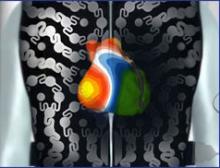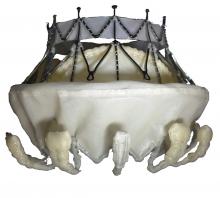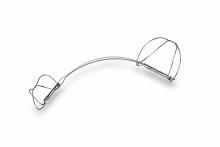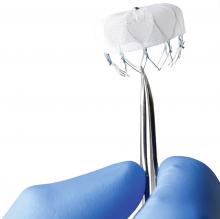Medtronic has acquired CardioInsight Technologies Inc., a Cleveland-based medical device company that has developed a new approach to improve the mapping of electrical disorders of the heart. CardioInsight will become part of the Medtronic atrial fibrillation solutions business in the cardiac rhythm and heart failure division.
© Copyright Wainscot Media. All Rights Reserved.
Subscribe Now






